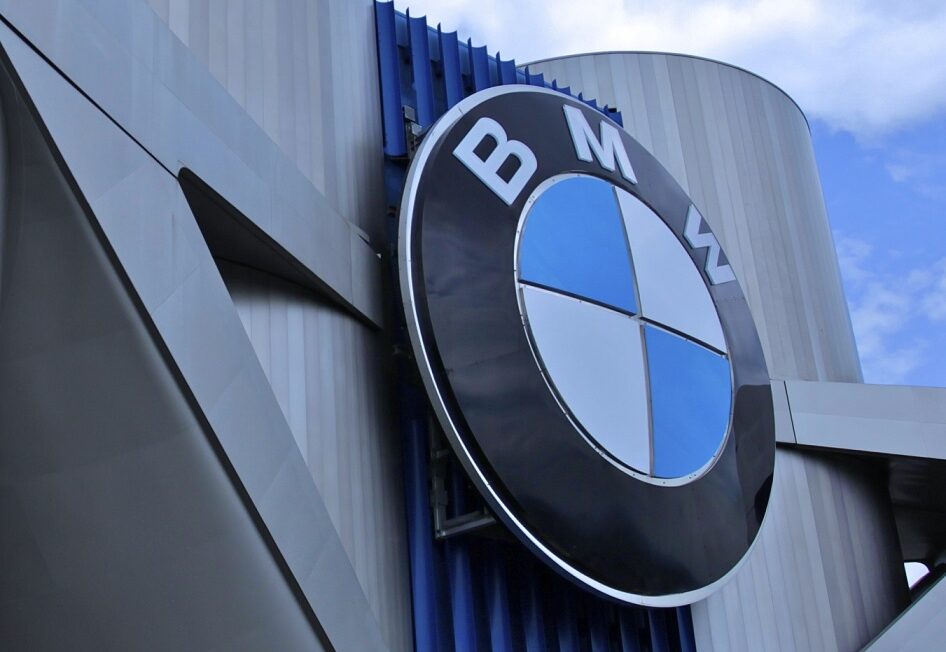BMW Investing $1.7 Billion in U.S. EV and Battery Capacity

Automotive manufacturer BMW Group announced today a $1.7 billion investment aimed at expanding its electromobility capacity in the U.S., including plans to prepare an existing facility for electric vehicle production and to build a new battery facility.
The new investments follow BMW’s announcement last year to expand company efforts to combat climate change, including goals to significantly reduce vehicle emissions throughout the lifecycle, reduce CO2 emissions by 40% per vehicle by 2030, and make a minimum of 50% of its global sales from battery electric vehicles by 2030.
Of the new $1.7 billion investment, $1 billion will move toward expanding Plant Spartanburg, the company’s South Carolina electric vehicle manufacturing facility. The 30-year old facility is BMW’s only manufacturing plant in the U.S., with an annual capacity of up to 450,000 vehicles, and currently producing 11 models.
BMW stated that it aims to build at least six fully electric models in the U.S. by 2030.
Robert Engelhorn, President and CEO, BMW Manufacturing Co., said:
“This is a very important step for Plant Spartanburg as we continue our legacy of producing high-quality vehicles, and build on the success of the last 30 years. With this latest investment, we futureproof our operations and prepare the plant for electrification and new technologies, ensuring both the long-term success of our company and our position as an attractive and viable employer in the state of South Carolina.”
The remaining $700 million will go toward building a new 1 million square foot high-voltage battery assembly facility in nearby Woodruff.
BMW also announced a new partnership with battery technology company, Envision AESC to supply Plant Spartanburg with battery cells from a new facility to be built by Envision. BMW stated that the agreement aligns with its “local for local” principle to purchase battery cells for its electric vehicles where production takes place. The facility’s capacity will be up to 30 GWh, and will produce cells specifically designed for the sixth generation of BMW eDrive technology.
The new battery format is said to increase energy density by more than 20%, improve charging speed by up to 30% and enhance range by up to 30%. The company stated that CO2 emissions from cell production will also be reduced by up to 60% through the partial use of secondary lithium, cobalt and nickel material, as well as renewable energy for production.
Oliver Zipse, U.S. BMW Group Chairman of the Board of Management, said:
“For decades, Plant Spartanburg has been a cornerstone of the global success of the BMW Group…Going forward, it will also be a major driver for our electrification strategy, and we will produce at least six fully electric BMW X models here by 2030. In addition, we can showcase BMW Group’s ‘local for local’ principle: Our newly developed sixth generation battery cells, which were specifically designed for the next generation electric vehicles, will be sourced here in South Carolina – where X goes electric.”
The post BMW Investing $1.7 Billion in U.S. EV and Battery Capacity appeared first on ESG Today.